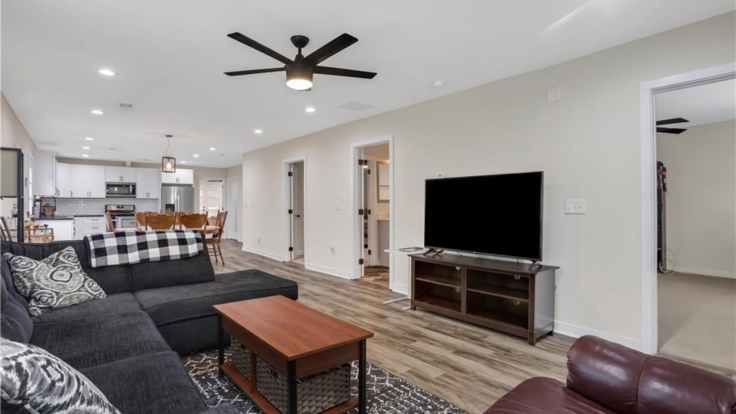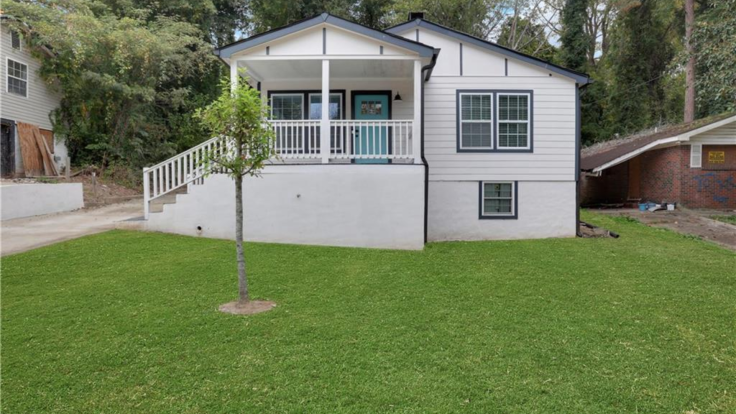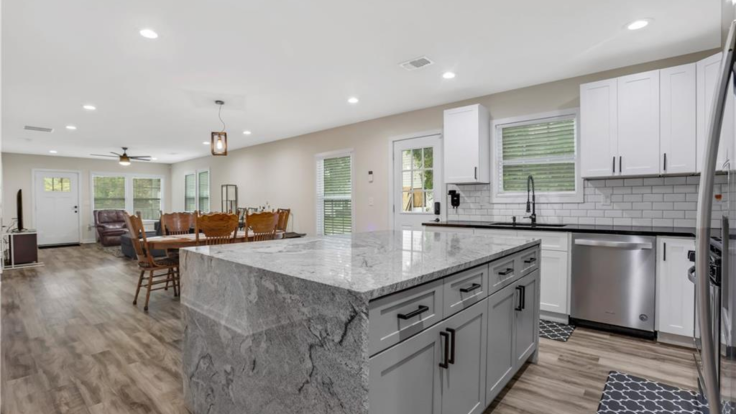'I Wish I'd Stay Renting': Atlanta Man, 31, Regrets Buying $399K Home During Pandemic He Now Can't Offload
Atlanta buyer stuck with $399K pandemic home says renting would have been the smarter move.

A cybersecurity specialist in Atlanta now grapples with a costly mistake made during the pandemic housing boom.
Gio Navarro in the spring of 2022 when he was 28 made what he believed was a wise investment. He bought a three-bedroom, 1,600-square-foot home in Atlanta for $399,000, acting quickly as pandemic-era competition pushed many buyers to make snap decisions. He went under contract within 48 hours of touring the house, eager to lock in low mortgage rates and move out of shared accommodation.
Now aged 31, Navarro says he wishes he had stayed a renter. Nearly a year after putting the house back on the market, he has yet to receive an offer. Despite cutting the asking price from $430,000 to $387,500, interest has not materialised.

Rising Bills and Hidden Repairs
What began as a dream of homeownership soon turned into a financial strain. Navarro's monthly housing costs climbed to about $2,950, including mortgage payments, insurance, utilities, and lawn care. By comparison, he previously spent around $1,200 on rent. He also discovered that he was only using about 40 per cent of the house's space.
Two years into ownership, his problems worsened. A persistent sewage smell led to the discovery that a pipe had never been connected to the main line. Repairs and related fixes cost more than $13,000, stretching his budget further. Furnishing extra rooms, keeping up with lawn maintenance, and covering ongoing bills deepened his regret.
A Market That Has Cooled
Navarro's struggle comes against the backdrop of a shifting housing market. Atlanta became one of the symbols of the pandemic housing boom, with prices surging 51 per cent in the three years leading up to his purchase. By mid-2025, however, growth had slowed to about five per cent, leaving recent buyers with fewer options to resell at a profit.
Nationally, mortgage rates also changed the equation. After hitting record lows during the pandemic, they rose sharply, peaking near eight per cent in late 2023 before easing to about 6.5 per cent this year. Although lower than last year's highs, rates remain elevated enough to keep many potential buyers on the sidelines.
Analysts note that homeowners who bought during the frenzy are more likely to struggle with high costs and slower price growth, and in some cases risk negative equity, owing more on their mortgage than their property is worth.
Regret and Reflection
Navarro says he was initially attracted by the home's granite countertops and modern kitchen finishes, but soon realised the space did not fit his lifestyle. He admits the decision was rushed, driven by the fear of missing out that defined much of the pandemic market.
For now, he is focused on finding a buyer, even if it means lowering the price further. His goal is to clear his mortgage obligations and return to renting with a friend. Despite the setback, he has not ruled out buying again, but says he will approach the process differently. 'Next time, I'll take my time before I buy,' Navarro said.

What Went Wrong in Two Acts
- Act one: A frenzied market, low rates, and social pressure prompted a rushed decision.
- Act two: Rising interest rates, costly repairs, under-utilisation and a cooling market led to buyer's remorse.
The Lesson for Buyers
His case illustrates the risks of pandemic-era home buying. What once appeared to be a golden opportunity to secure a property at low interest rates has instead left some owners with high bills, costly repairs, and limited demand.
As Navarro waits for an offer, his experience is a reminder that quick decisions in overheated markets can carry consequences long after the contracts are signed.
© Copyright IBTimes 2025. All rights reserved.





















